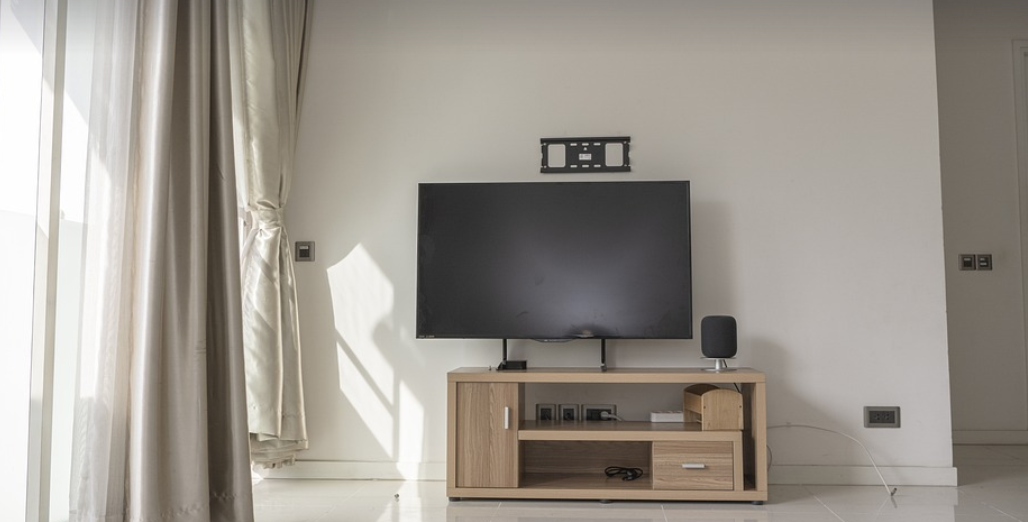Decoding the Mystery of Beeping Smoke Alarms
So, you’re innocently relaxing at home, enjoying a quiet evening when your smoke alarm starts playing a peculiar symphony – three distinct beeps followed by an interval that seems to stretch on forever. You might be curious about the mystery of this sudden musical interruption and what it means for your safety. This article aims to shed light on why your smoke alarm might be behaving so erratically, keeping you informed and empowered.
First things first: It’s important to understand that smoke alarms are designed to provide a clear and robust warning in case of fire emergencies. They serve as our frontline defense against the perils of sudden flames, alerting us to potential dangers before they escalate into uncontrollable situations. The beeping patterns you see on your smoke alarm are not merely random sounds – they carry specific meanings, often encoded through its unique programming.
A common pattern that catches many of us off guard is the “triple beep” notification followed by a brief pause. This sequence typically signifies an error or malfunction within the circuitry of your smoke alarm. It’s like a code to alert you that something isn’t quite right, especially if it happens outside of normal operational periods.
Let’s delve deeper into the possible reasons for this beeping phenomenon:
Unraveling the Reasons Behind the Beeps
A. Battery Issues: Often, a lack of power is the culprit behind this unexpected behavior. Like any electrical device, smoke alarms rely on batteries to function correctly and reliably. If your battery levels are low or have recently been replaced, it might be triggering these beeps.
B. Malfunctioning Sensor: Just like our bodies, smoke alarms have sensors that detect the presence of smoke particles, heat, or a combination of both. Sometimes, these sensors might get jammed by dust, debris, or other foreign objects. These obstructions can hinder their ability to accurately respond. If one of your alarm’s sensors is failing to register properly, it may be flashing a warning code.
C. Calibration Problems: Smoke alarms require regular calibration checks to ensure accuracy and responsiveness. Over time, these alarms might lose calibration due to temperature fluctuations or other external factors like humidity. This can affect their ability to detect smoke quickly.
Troubleshooting Your Smoke Alarm
It’s important to remember that tampering with a smoke alarm on your own can potentially void its warranty and compromise its safety capabilities. If you’re facing this situation, it’s always best to consult the manufacturer’s instructions or contact a reliable electrician for guidance.
To resolve this issue effectively, here are some steps you can take:
- Check the Batteries: This is often the simplest first step. Ensure all batteries are properly inserted and replaced with fresh ones if necessary. A low battery warning will usually indicate the need for a replacement.
- Clean the Sensor: Dust, dirt, or other particles can obstruct your smoke alarm’s sensor. You can try gently blowing away any debris from the sensor. Ensure you don’t touch the metal sensor with any object to avoid damaging it.
- Test the Alarm:** Turn on the alarm and test its functions. If it doesn’t activate, you might need to contact a qualified technician for a thorough assessment and repair.
A Word of Caution
While dealing with smoke alarm beeping requires caution, remember that your safety is paramount. Don’t ignore these warnings or delay in seeking expert advice. If the issue persists after following these troubleshooting steps, it’s vital to seek the help of a certified electrician. They have the expertise and knowledge to identify the root cause of the malfunction and ensure a safe and reliable setup.
Staying Safe and Protected
Remember that your smoke alarm is an essential line of defense against fire hazards. By staying vigilant about its maintenance, you’re not only protecting yourself but also contributing to the safety of your loved ones. Regular testing and prompt attention to any unusual behavior can ensure its optimal performance and peace of mind throughout the year.
